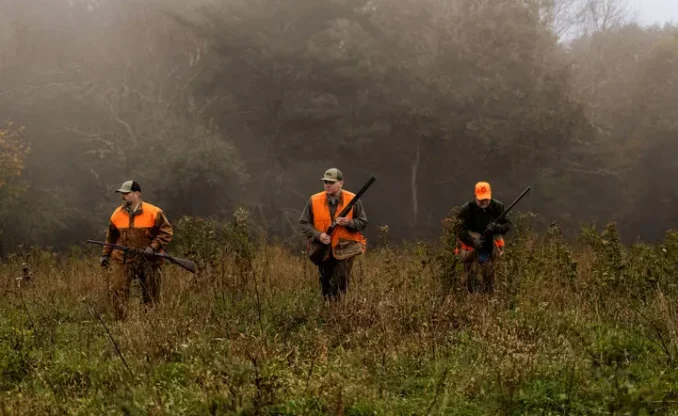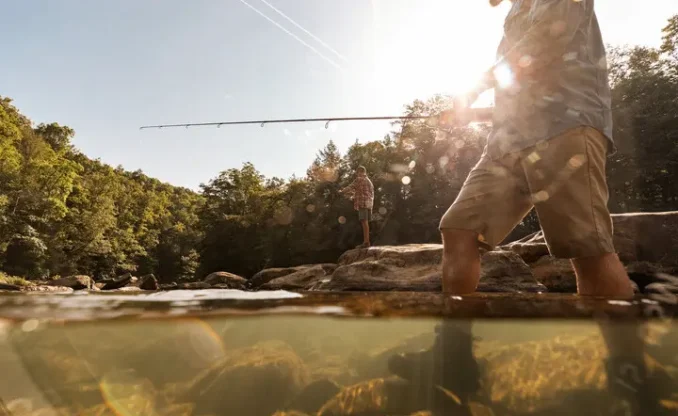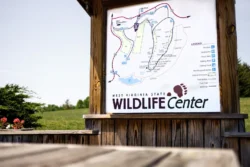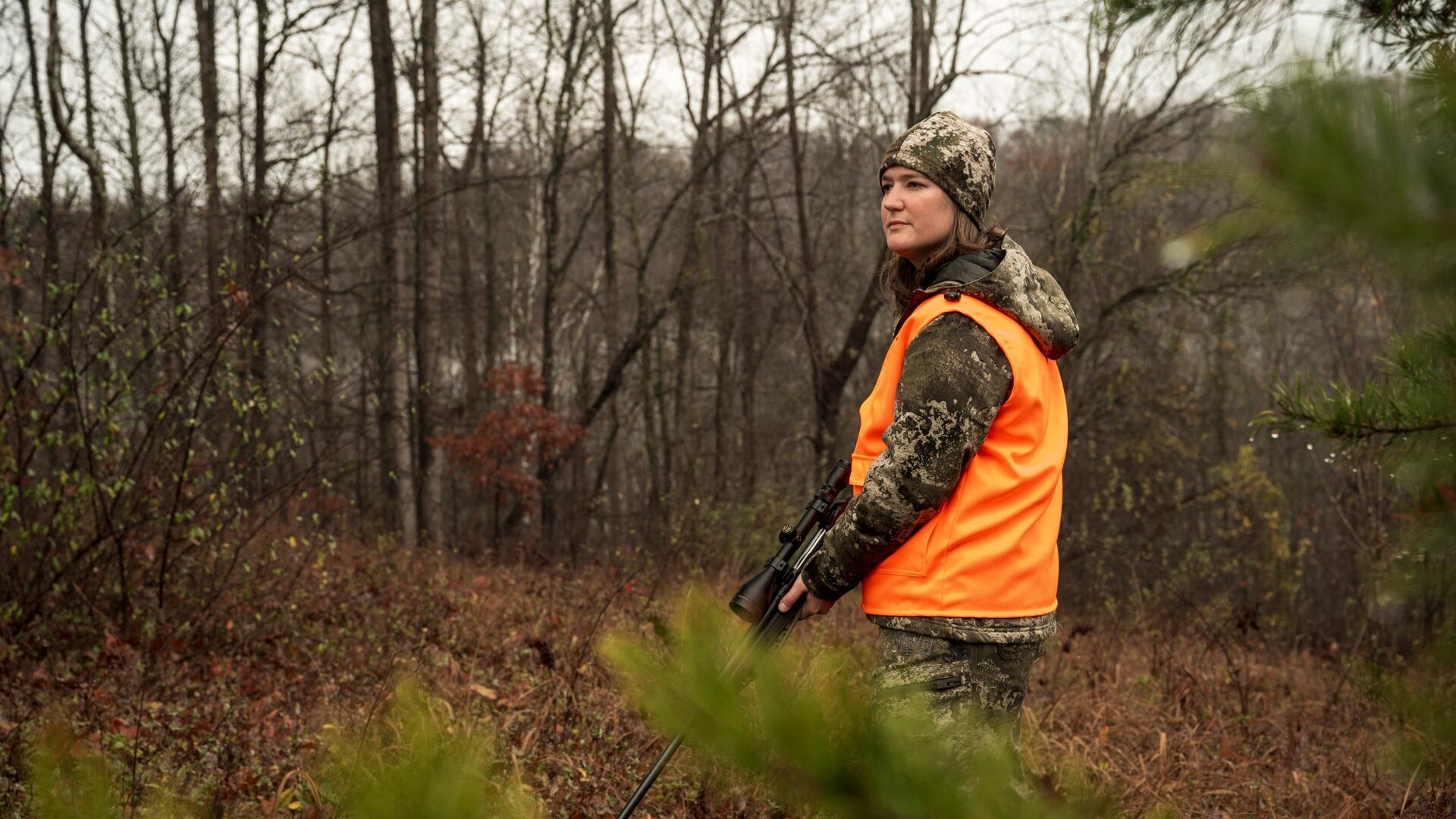Ethical hunting protects access, preserves wildlife and promotes public trust
In West Virginia, hunting is more than a tradition. Whether you’re targeting squirrels at a wildlife management area or bowhunting a big buck on someone else’s property, hunting is a privilege built on trust.
As Aldo Leopold, the father of wildlife management, once said, “ethical behavior is doing the right thing when no one else is watching even when doing the wrong thing is legal.” In other words, ethical hunting is more than simply following the law. It’s about respect for wildlife, private landowners, fellow hunters and the broader public.
In this blog, we’ll break down what ethical hunting is and how your actions today can help protect hunting opportunities for generations to come.
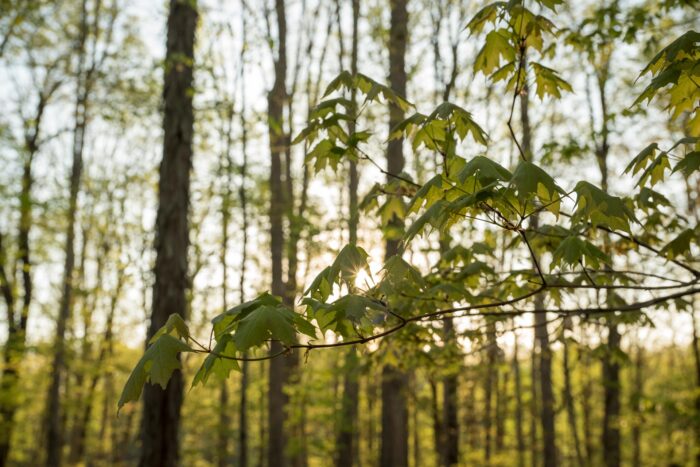
Ethical Hunters Go Above and Beyond the Law
Ethical hunting is always legal hunting, but it goes further. It means choosing to do what’s best, not just what’s allowed. In other words, ethical hunting goes above and beyond what’s required. For example, while it may be legal to take a long shot at a running deer, it’s rarely ethical to do so. A responsible hunter knows their limits and waits for a better shot that is more likely to produce a clean, humane harvest.
Hunting is filled with moments that test our judgment. Ethical hunters choose to act with care, often passing on risky shots in order to respect wildlife and treat game with dignity. These decisions help protect wildlife from unnecessary suffering and maintain public trust in hunters. When you choose to go above and beyond what the law requires, you not only protect wildlife from unnecessary suffering but reinforce the values that make hunting a respected tradition in West Virginia.
Want a refresher on hunting safety and ethical decision-making? The WVDNR’s Hunter Education Program covers everything hunters need to know — from firearm safety and conservation laws to the core principles of hunting ethics. Whether you’re starting out or need a refresher, it’s a valuable resource that reinforces the importance of ethical hunting.
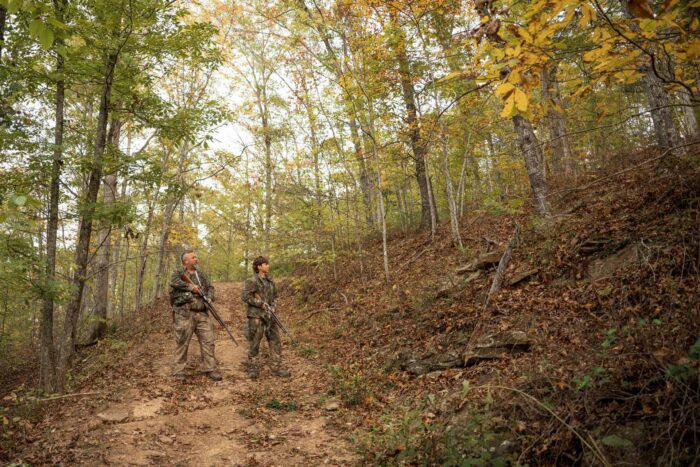
Ethical Hunters Earn Trust, Not Just Permission
One area where hunting ethics come into play is in how hunters approach private land access. While West Virginia has more than 1.5 million acres of public land open to hunting, many hunters pursue game on private land where access is a privilege, not a right.
Even if you know the landowner, never assume you’re welcome to hunt without asking. Always get written permission, which is required by law. Ethical hunters understand that permission must be earned and that building a relationship with landowners is more important than getting a quick yes. Here are a few tips:
- Ask Early: Contact landowners about hunting on their property before the season starts — preferably in the summer.
- Be Courteous: Dress casually, be mindful of the landowner’s time and never show up unannounced in hunting gear.
- Start Small: Consider requesting access for small game hunting first to build trust.
- Give Back: Offer something in return, such as helping with projects around the property, sharing your harvest or simply sending a thank-you card.
- Be Respectful: Honor the decision of landowners even if they say no.
And remember: A respectful request can lead to long-term hunting opportunities, and helps maintain a positive image of hunters throughout West Virginia.
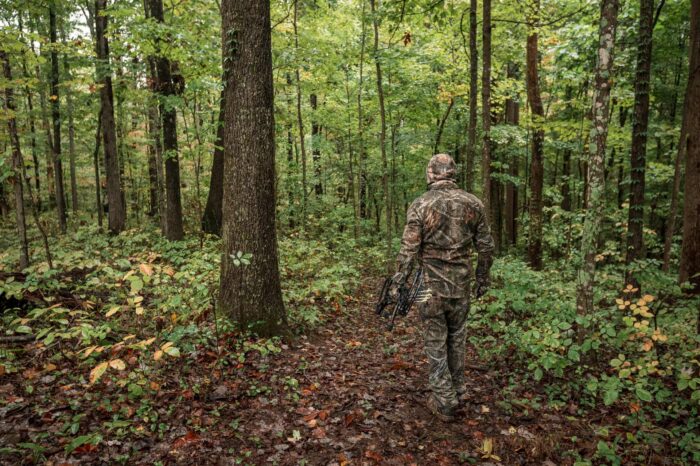
Ethical Hunters Shape the Future of Hunting
Ethical hunting is not just personal — it’s public. Every time you step into the woods, you represent all hunters. Your behavior influences how landowners, non-hunters and the public view hunting.
When people see safe, responsible and courteous behavior from hunters, they’re more likely to support hunting as a tradition and allow access to land. But when they see trespassing, litter or poor sportsmanship, it damages the reputation of all hunters and leads to fewer opportunities for everyone.
By modeling ethical practices, you help foster a culture of respect that ensures hunting continues to be welcomed and supported in West Virginia for generations to come.
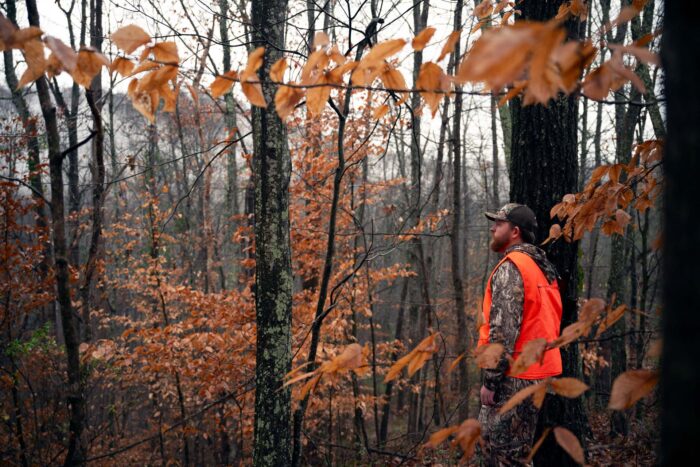
Respect Is the Root of All Ethical Hunting
At its core, ethical hunting is built on one simple principle: respect. When you respect yourself as a hunter and respect what hunting represents, you will naturally respect wildlife, the land and others. Here are a few key ways to practice that respect:
- Respect Natural Resources: Know your effective range, wait for clean shots and always use a safe backstop when sighting in and firing your firearm.
- Respect Other Hunters: Be courteous in the field, practice fairness and leave the woods better than you found them.
- Respect Landowners: Always ask for permission before hunting on someone else’s land, follow property rules and be a responsible guest.
- Respect Non-Hunters: Remember that your behavior affects how hunting is viewed by the general public. Ethical actions help keep hunting supported statewide.
Whether you’re a seasoned hunter or just starting out, respect ensures that West Virginia’s hunting traditions remain strong for years to come.
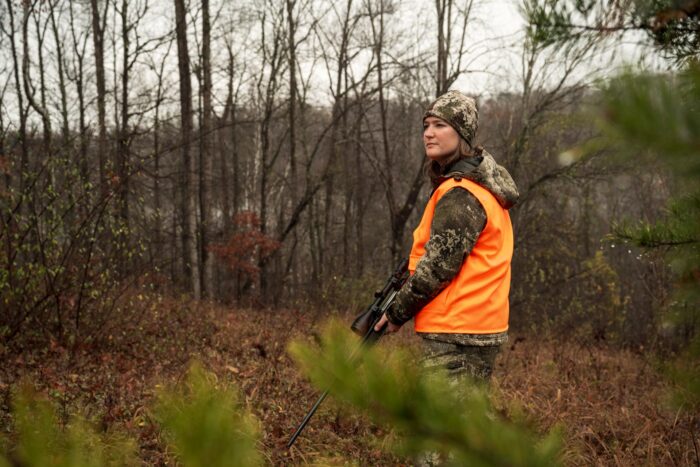
Plan Your Next Hunting Adventure
Ethical hunting is about more than harvesting game. It’s about making responsible decisions that preserve access, protect wildlife and promote public trust. As you prepare for the upcoming seasons, take a moment to reflect on how your actions in the field impact others and be the kind of hunter landowners are proud to welcome.
Put what you’ve learned into action!
✅ Review the latest hunting regulations
✅ Buy your hunting license and stamps
✅ Plan your next hunting adventure

